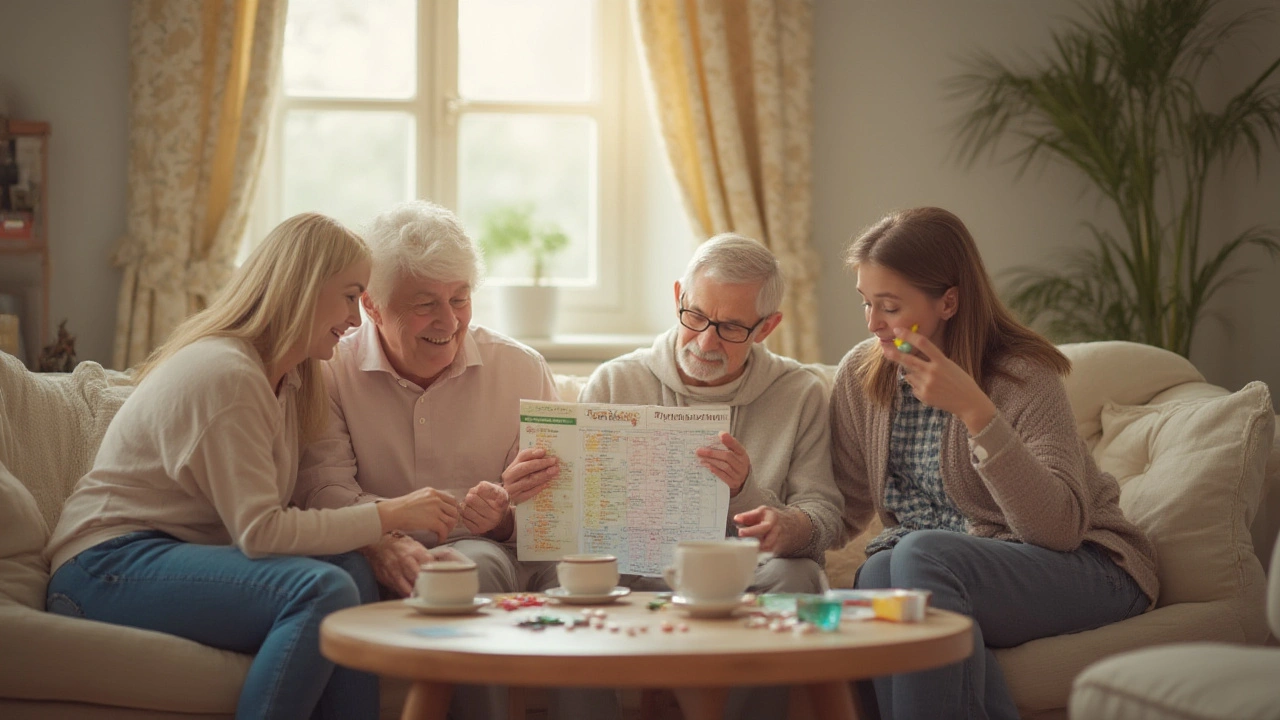Fall Risk Drugs: What to Know and How to Lower Your Risk
Worried a medicine might be making you unsteady? Some drugs raise the chance of falling by causing dizziness, sleepiness, low blood pressure, or low blood sugar. That risk matters most for older adults and people taking several medicines. This page shows which drug groups commonly cause falls and gives clear, practical steps you can use right away to lower your risk.
Common drug types that raise fall risk
Here are the main medication groups to watch for:
- Benzodiazepines and sedative-hypnotics (e.g., diazepam, zolpidem): can cause drowsiness and slow reaction times.
- Antidepressants and antipsychotics: may lead to lightheadedness, sedation, or movement problems.
- Blood pressure medicines and diuretics: can cause orthostatic hypotension (a drop in blood pressure when standing) and dehydration.
- Opioids and strong painkillers: slow breathing, reduce alertness, and impair balance.
- Hypoglycemic drugs for diabetes: low blood sugar can make you weak, dizzy, or faint.
- Anticholinergic drugs (found in some allergy, bladder, and sleep meds): can cause blurred vision, confusion, and balance problems.
Not everyone on these meds will fall, but the risk rises with age, poor vision, muscle weakness, and when multiple drugs are used together.
Practical steps to reduce your fall risk
Small changes often make a big difference. Try these steps and talk to your healthcare team about them:
- Review medications regularly: Ask your doctor or pharmacist for a medicine review, especially if you take several drugs. Some doses can be lowered or drugs stopped safely.
- Time your doses: Take sedating drugs at bedtime when possible. If a drug makes you lightheaded, try sitting up slowly after a dose.
- Monitor blood pressure and blood sugar: Check yourself when starting or changing doses. Watch for dizziness after standing.
- Avoid alcohol and sedatives together: Mixing them increases drowsiness and balance problems.
- Improve home safety: Add grab bars, remove loose rugs, and keep pathways clear.
- Stay active: Balance and strength exercises reduce fall risk. Even short walks and simple leg exercises help.
- Use reminders and tools: Pill organizers, medication lists, and family support cut error and confusion.
If you fall, feel faint, or notice new confusion or imbalance after a medicine change, contact your doctor right away. A quick medication review and a few lifestyle fixes can often bring your balance and confidence back. Want help checking a specific drug? Search our site or ask your pharmacist for a one-on-one review.

Best Gabapentin Alternatives for Seniors: Renal Dosing, Fall Risk, and Polypharmacy Guide
Haig Sandavol Jul 21 17Easy guide to Gabapentin alternatives for seniors, focusing on kidney safety, fall risk, and avoiding drug overload. Get clear facts and smart tips.
More Detail